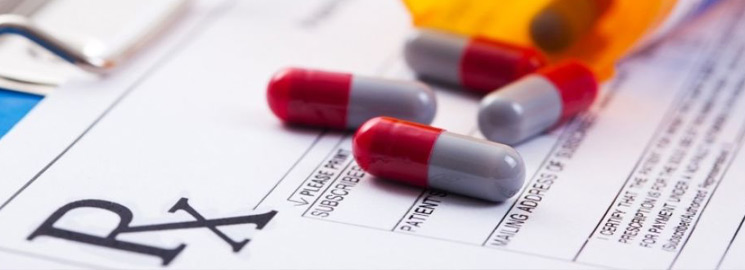We are a nation on medication. Prescription medication is an essential part of treating illnesses – from minor afflictions to the most severe diseases. However, it is estimated by the World Health Organization (WHO) that around 50% of all patients with chronic conditions don’t take their medication properly. This results not only in huge costs to health services in wasted prescriptions, but it can seriously harm patients’ health. All that is about to change with a new technology called digital pills; digestible microchips embedded in small pill will soon tell doctors whether a patient is taking their medications as prescribed.
It looks as if patient adherence to medication regimes seem to be a large problem around the world. Like you mentioned, it has been estimated that up to 50% of people forget to take their medication at least once a day. And so, people living with serious conditions this could sometimes mean life or death.
That said, one drug company called, Abilify, has created a digital medicine system where individual tablets are fitted with ingestible electronic sensors. When a person takes this digital pill, its electronic sensor relays a message to a wearable patch on the patient’s body. This patch then sends a message to an app on a smartphone that the drug has been taken and has reached its destination correctly. If patients have chosen to share this information, then it is also automatically sent to their doctor. Essentially, patients can track their dosage on their smartphone and allow their doctors or caregivers to access the information through a website.
When people miss their daily meds or end up taking them at incorrect times, their symptoms can get worse which can often lead to a trip to the hospital. The hope for this new category of tech is to provide health providers with a GPS tracking system of sorts for the human body. By tracking a patient’s compliance with their medication regimen, rather than relying on what they self-report, doctors can provide further incentive when needed. Top candidates for this technology would include medicines that must be taken daily for years, such as those for drug resistant tuberculosis, diabetes, and for the elderly with chronic diseases.
Not only does this system help individuals to keep track of their medication for self administering, but it also provides a host of useful data to healthcare professionals. With greater insight into the effectiveness of any particular drug on any particular patient, medical care teams can tailor treatment to the individual. More accurate diagnoses and more effective treatment plans will reduce costs for overstretched healthcare providers and improve outcomes for patients.
Some are worried that tracking pills will be a step towards punishing patients who don’t comply. Perhaps more worrisome, would be the possibility of patients getting monitored by their medicine without their consent. Other ethical issues could have prisons or mental health institutions conceivably force people to use this kind of observational technology. Interfering family members could access relatives’ confidential medical information, or employers check up on whether or not their workers are taking medication. Finally, data leaks could easily turn our intimate medical histories into publicly available material.
One of the cheapest and most effective ways of fighting disease is to make sure patients follow their prescriptions. Although smart pills are not yet widely available, such digital pills, which increase a patient’s adherence to treatment are just one step in a wider future for smart medication.


Leave a Reply